Michigan Bill Defines Pyrolysis As Renewable Energy
Michigan House Bill (H.B.) 5205, a proposed measure that would change state definitions of “renewable energy” to include municipal solid waste and pyrolysis technologies, passed the Michigan House of Representatives Dec. 4 and was assigned to the Michigan Senate Energy and Technology Committee Dec. 9.
H.B. 5205 would add to the state’s definition of “renewable energy resources” to include fuel that has been manufactured wholly or in significant part from waste, according to the bill summary. It also would allow for the use of pyrolysis technologies utilizing scrap tires, biomass, and other materials-in the generation of renewable energy.
According to the summary, the bill would add, as a purpose of the act, the removal of unnecessary burdens on the appropriate use of solid waste as a clean energy source.
Under the state’s Clean, Renewable and Efficient Energy Act of 2008, Michigan utility companies are required to derive 10 percent of their energy from renewable power sources, including wind and solar, by 2015.
H.B. 5205 is supported by Dow Chemical Co., the American and Michigan Chemistry Councils, Waste Management Inc. and Michigan State University, among others. Organizations opposing the bill include the Michigan League of Conservation Voters, the Michigan Environmental Council, the Michigan Health Coalition and the Michigan Chapter of the Sierra Club.
“Waste incineration does not produce clean energy,” the Michigan Sierra Club said on its website in a statement against H.B. 5205. “It emits more carbon dioxide per unit of energy than any other form of electricity.”
© Scrap Tire News, January 2015






